The Court of Appeals awarded summary judgment for Jones Cork, LLP’s client contractor where a subcontractor’s employee did not produce evidence of liability. Callie Bryan and Barret Kirbo represented the contractor who was sued by the plaintiff over injuries sustained in a fall from an allegedly defective ladder. The trial court denied the contractor’s summary judgment motion. The Court of Appeals reversed the denial of that motion, effectively dismissing the case against our client.

In summary, our client subcontracted a repair job to a subcontractor, who hired the plaintiff to assist him. The plaintiff contended our client provided the plaintiff with a ladder. Two men other than the plaintiff had used the ladder without incident. When the plaintiff used the ladder, a rung at the top broke and he fell, suffering a neck injury that required surgery. The plaintiff acknowledged that he did not inspect the ladder before using it, but assumed that it was safe. He sued our client, alleging that the contractor had actual or constructive knowledge of a defect and that it was negligent in not maintaining or inspecting it. We argued that the plaintiff failed to produce any evidence of the contractor’s liability.
The trial court denied the motion, but on appeal, the Court of Appeals agreed that the plaintiff produced no evidence to show that the contractor knew or should have known of a defect in the ladder. While an employer has a duty to keep tools in good working order and to warn employees of latent defects, employees have reciprocal duties to exercise ordinary care for their own safety. An employee cannot recover damages for injuries resulting from a defective tool if, in the exercise of ordinary care, the employee could have discovered the defect. Thus, to recover for his injuries, the plaintiff had to show that the ladder was defective and that the employer was aware or could have learned of the defect. The fact that the ladder broke while it was in use is not sufficient to show that it was defective in some respect. The plaintiff based his claims on mere possibilities and speculation, which is not enough to create an inference of fact for consideration on summary judgment. Thus, the appellate court reversed the trial court’s denial of the contractor’s summary judgment motion and remanded the case for entry of judgment in our favor.
If you have any questions about this case or about premises liability and personal injury defense in general, please contact us.
